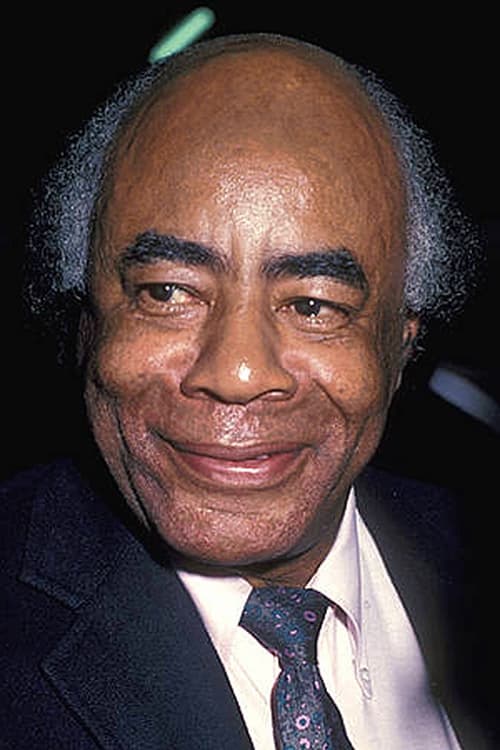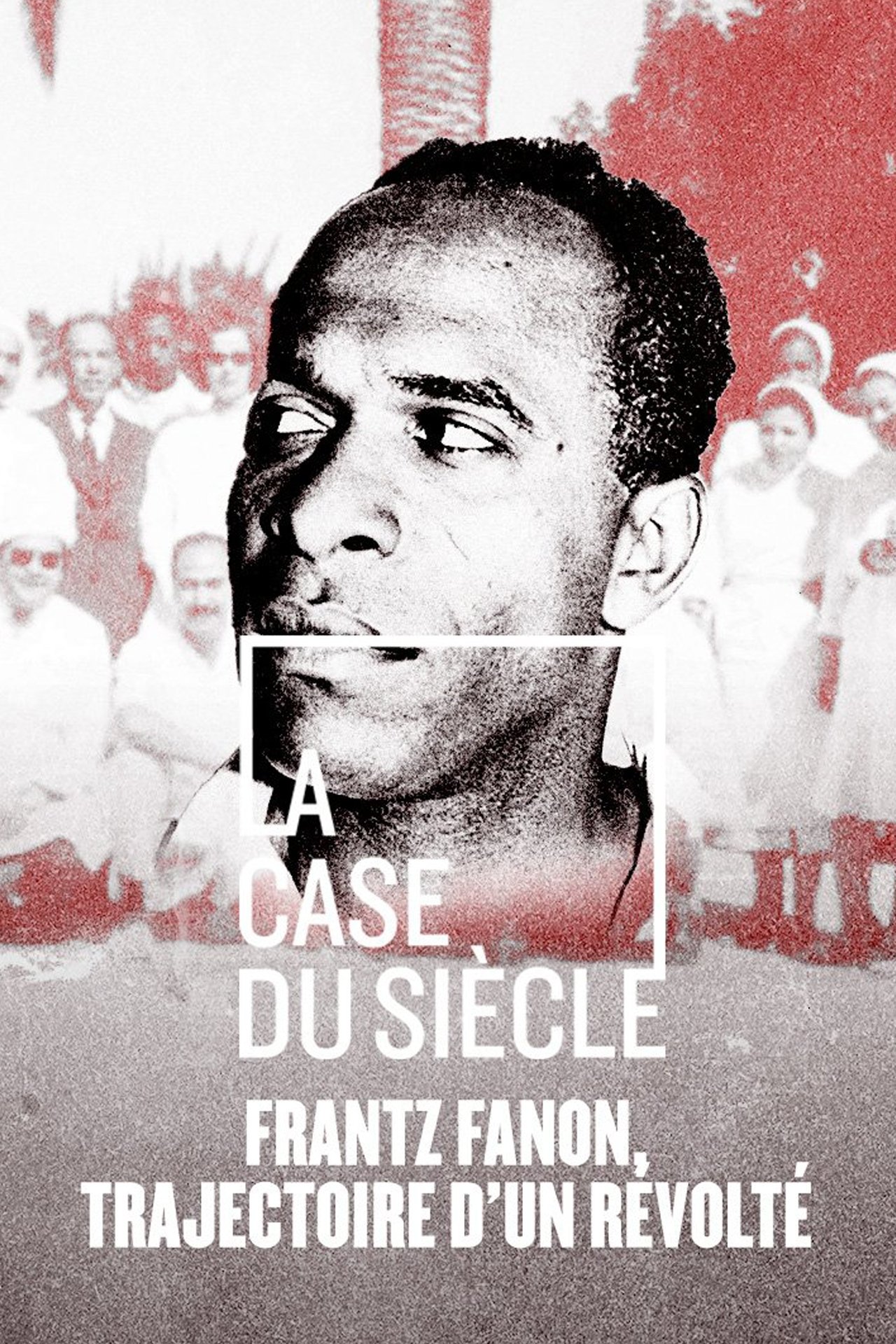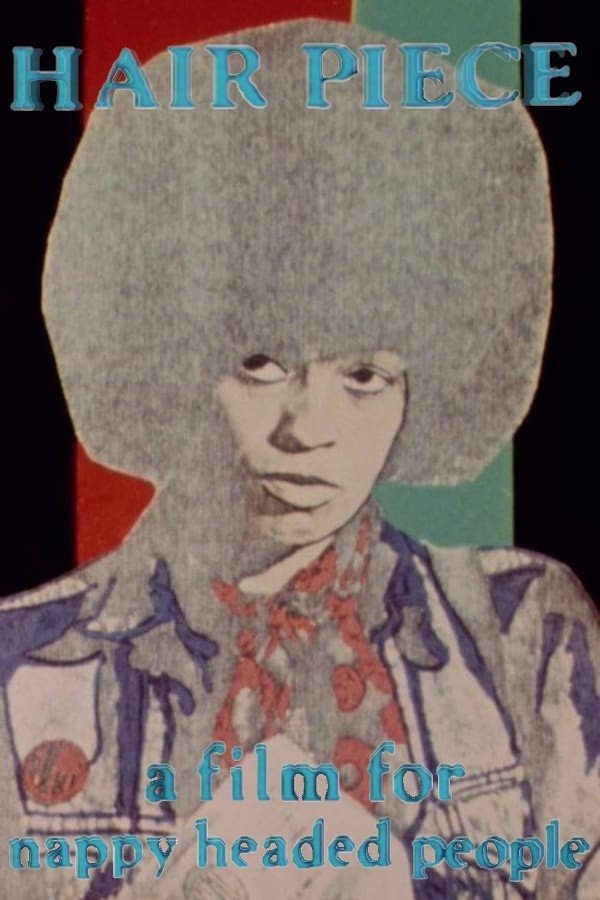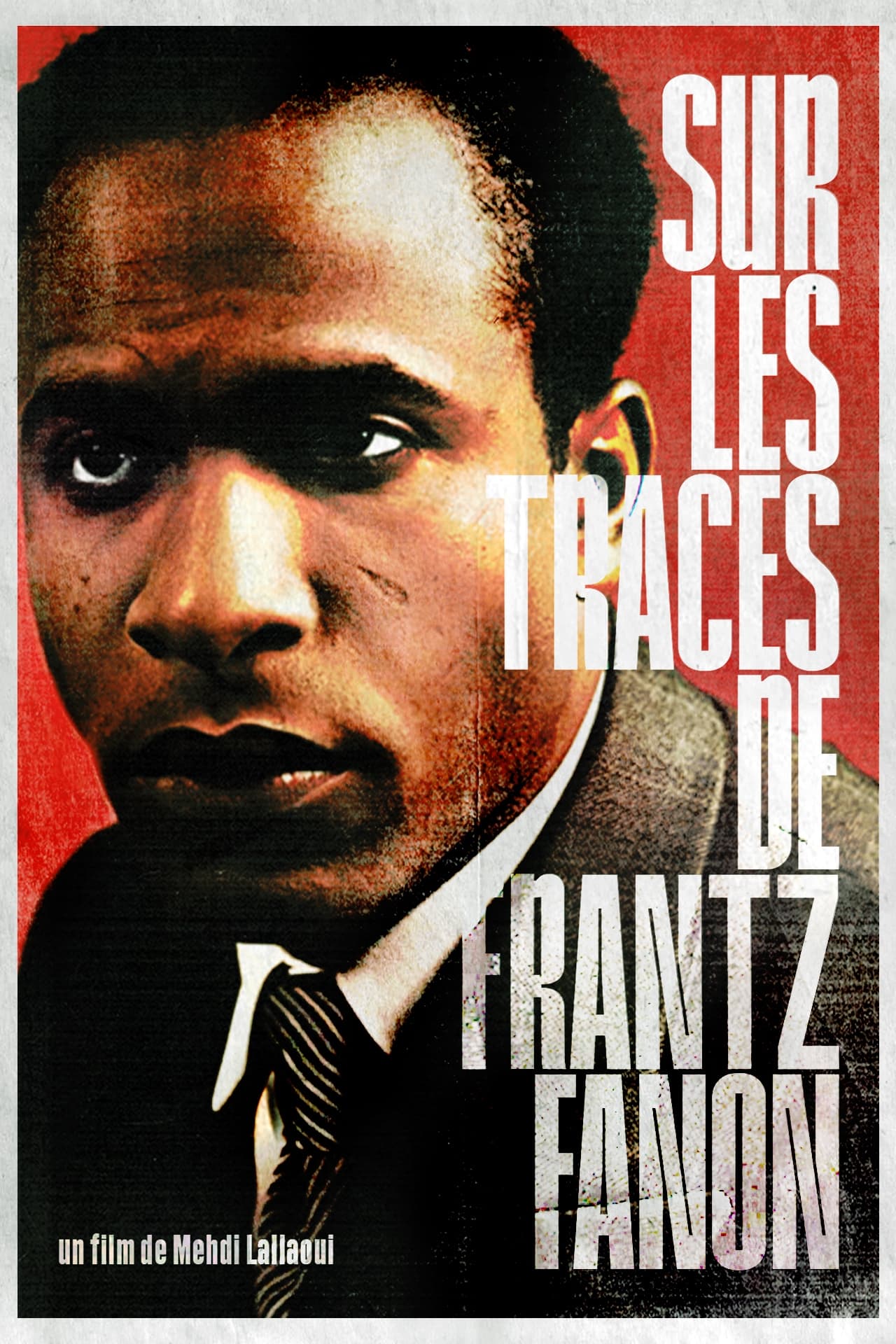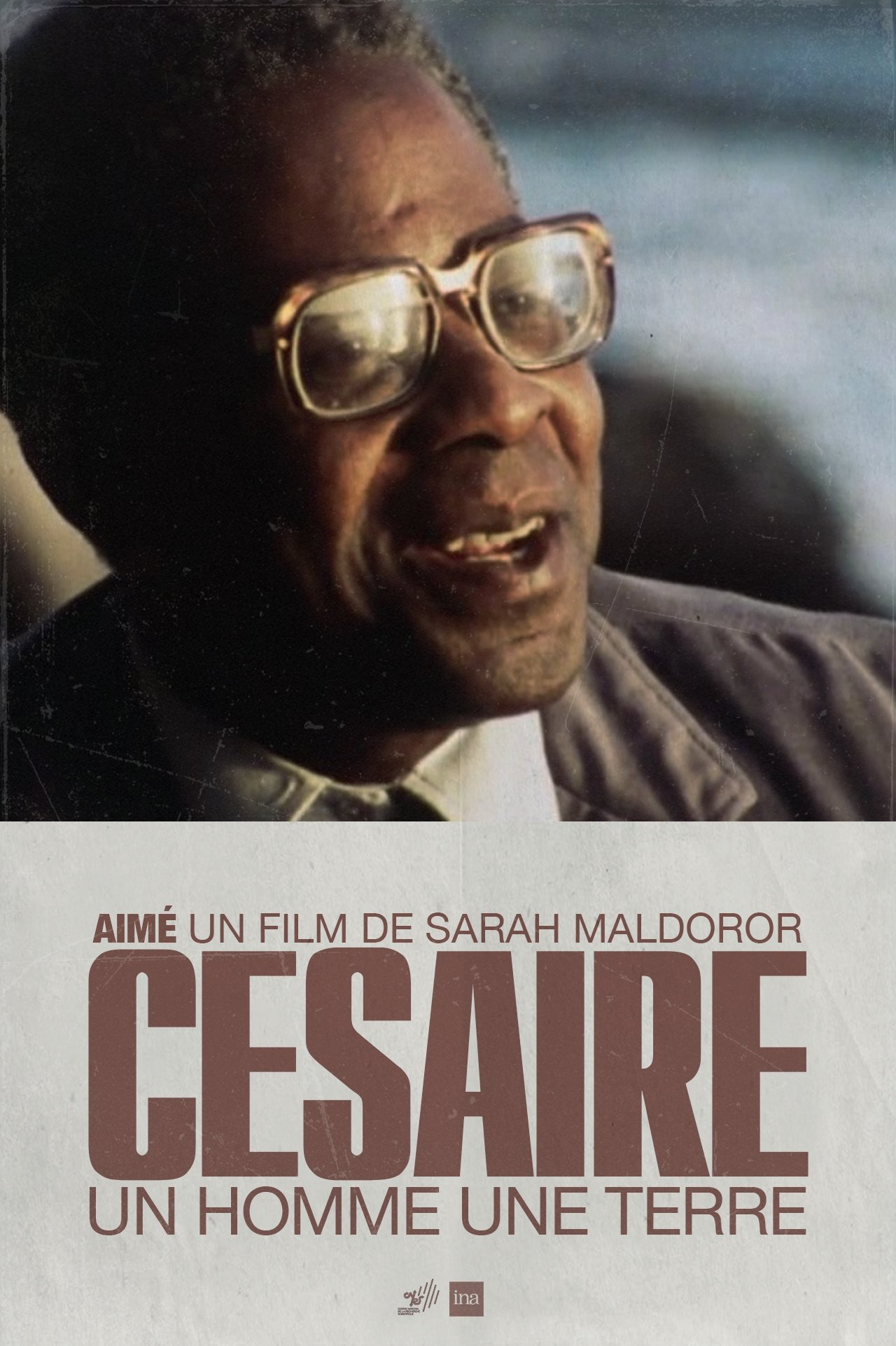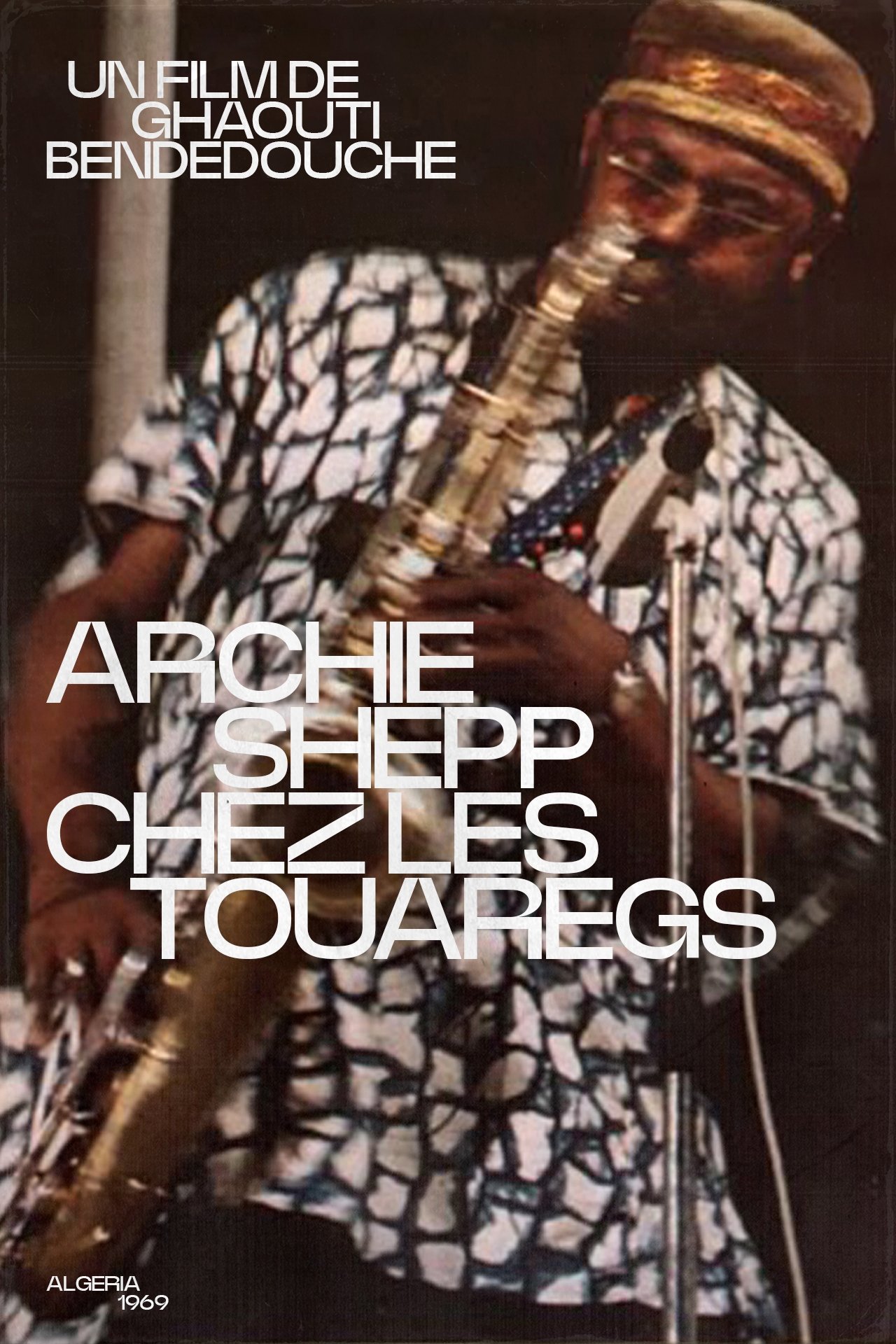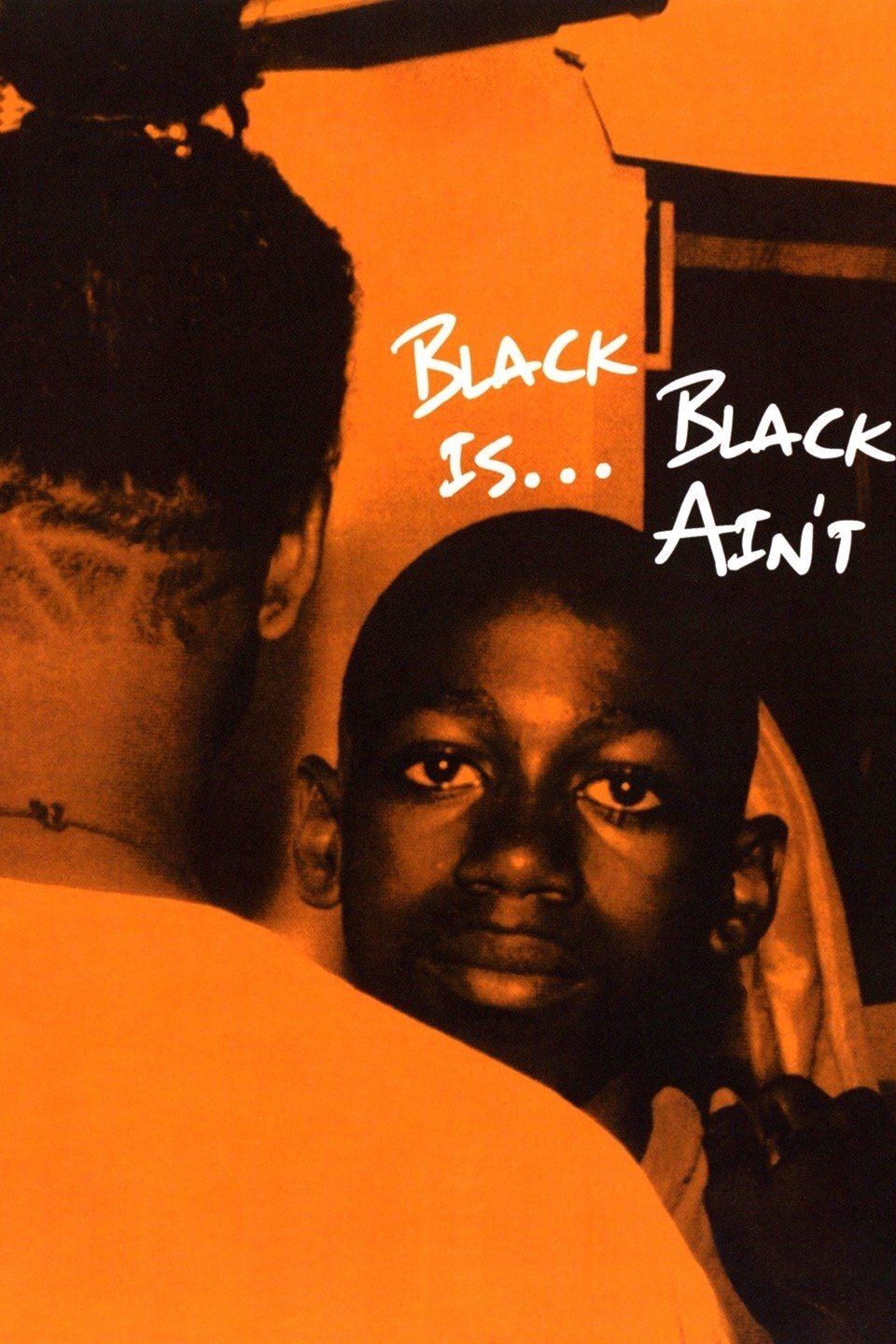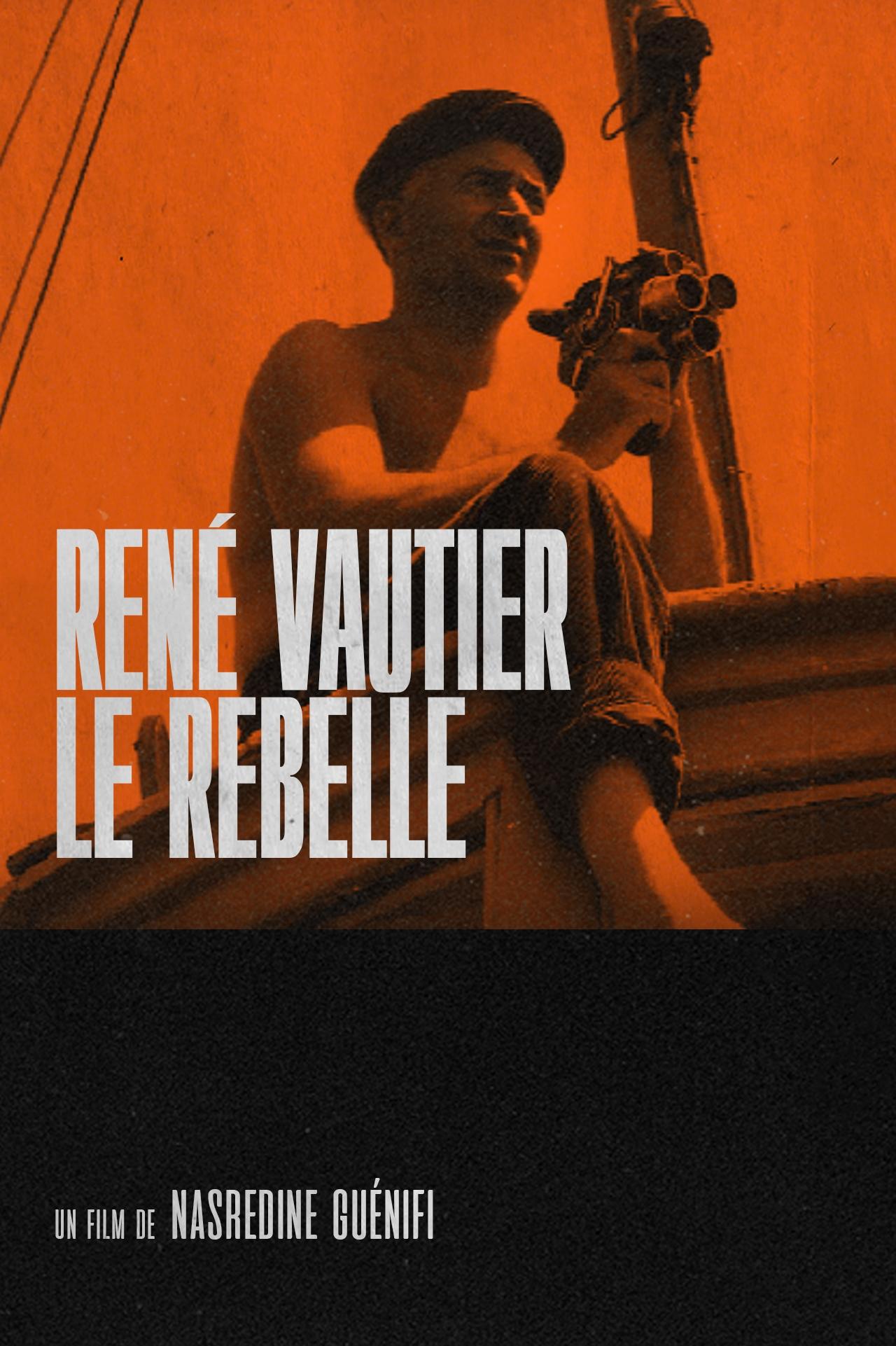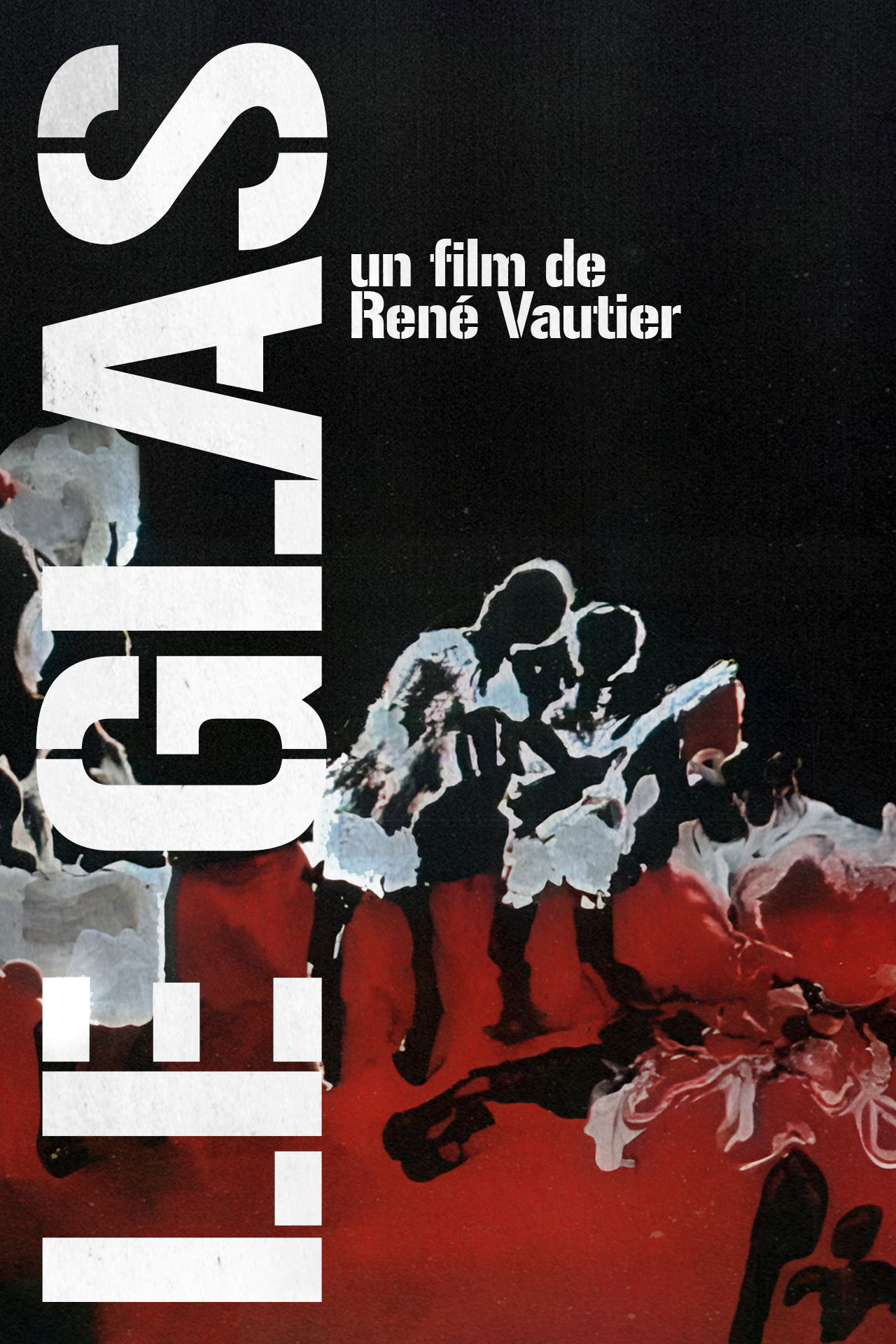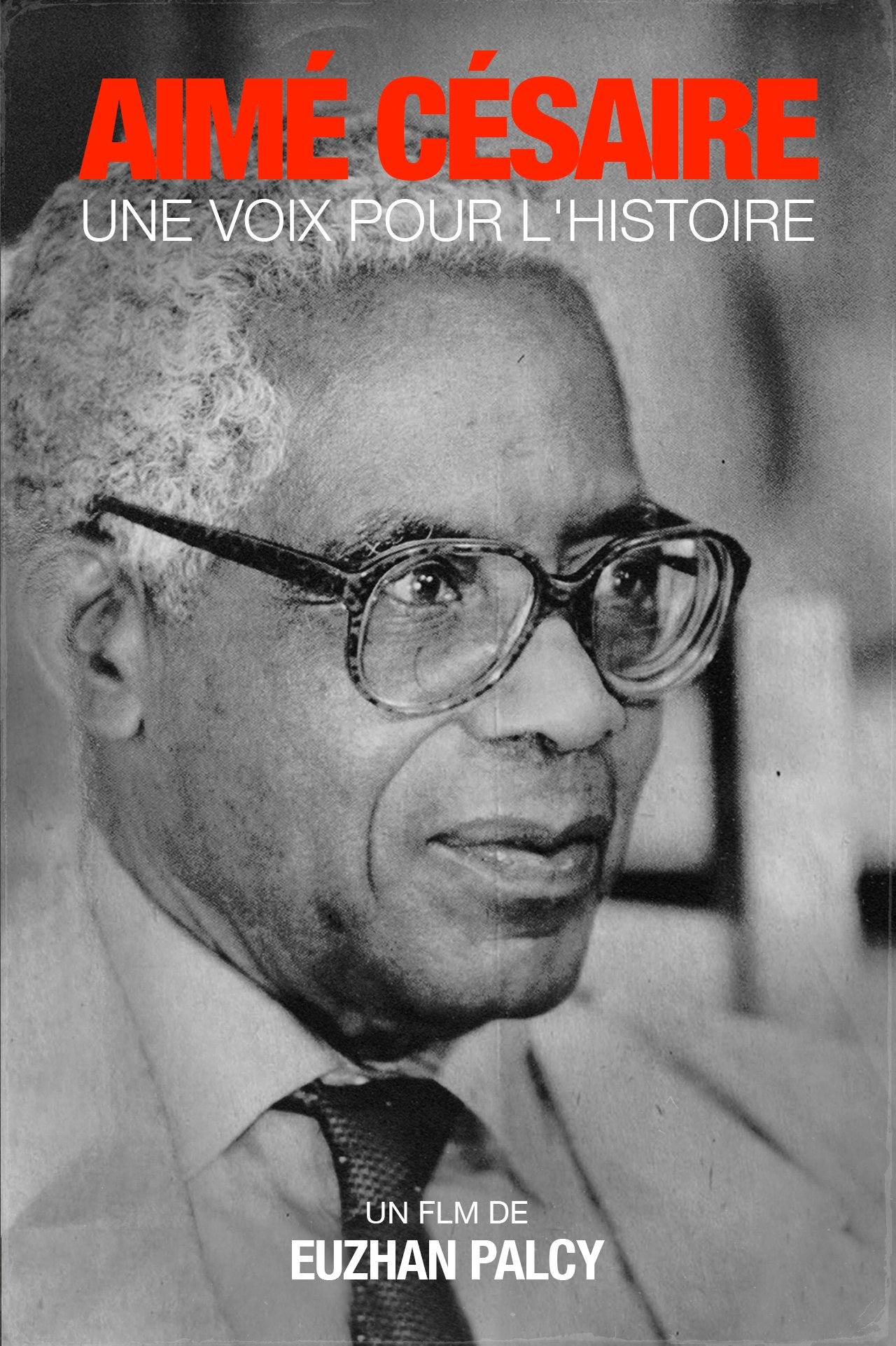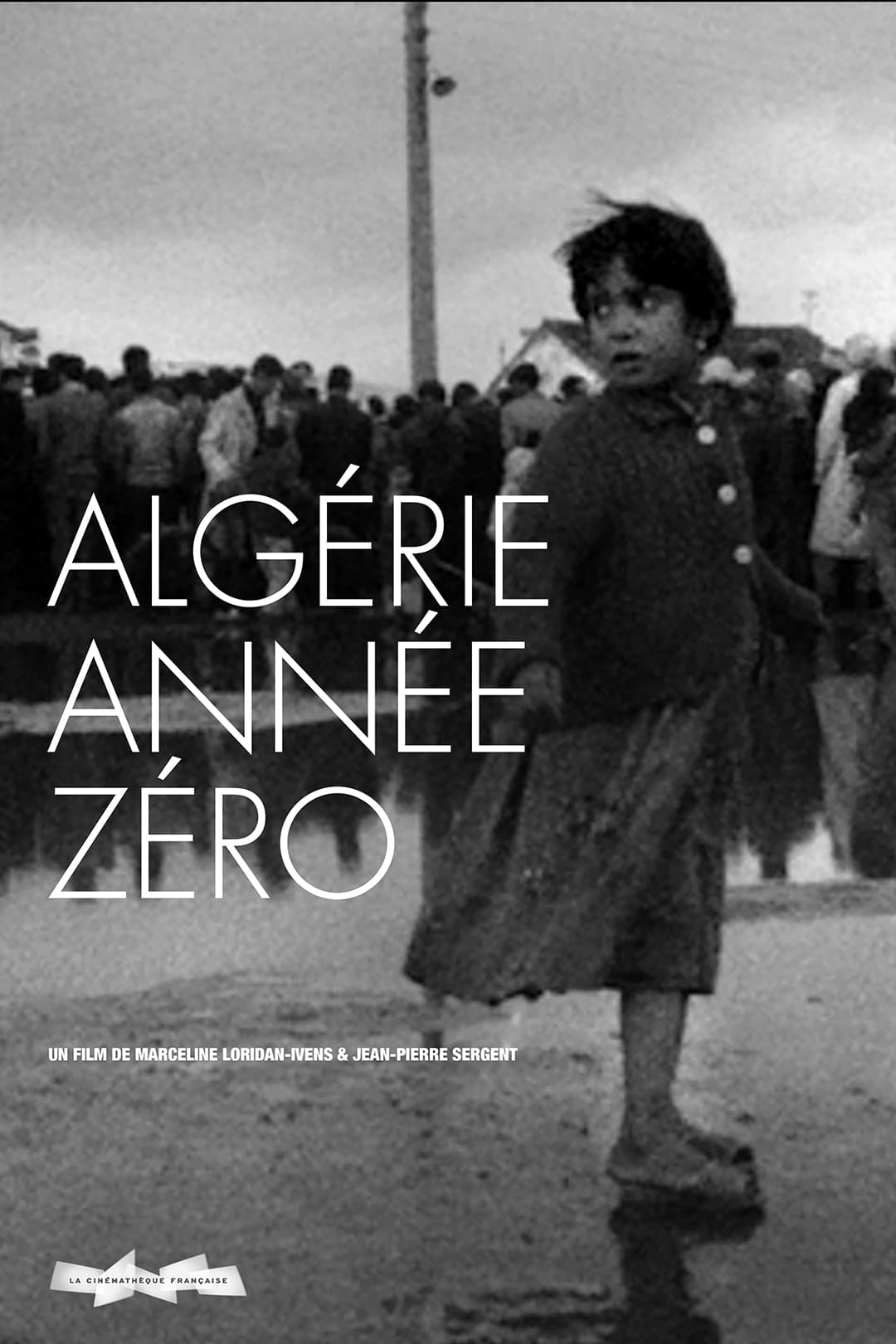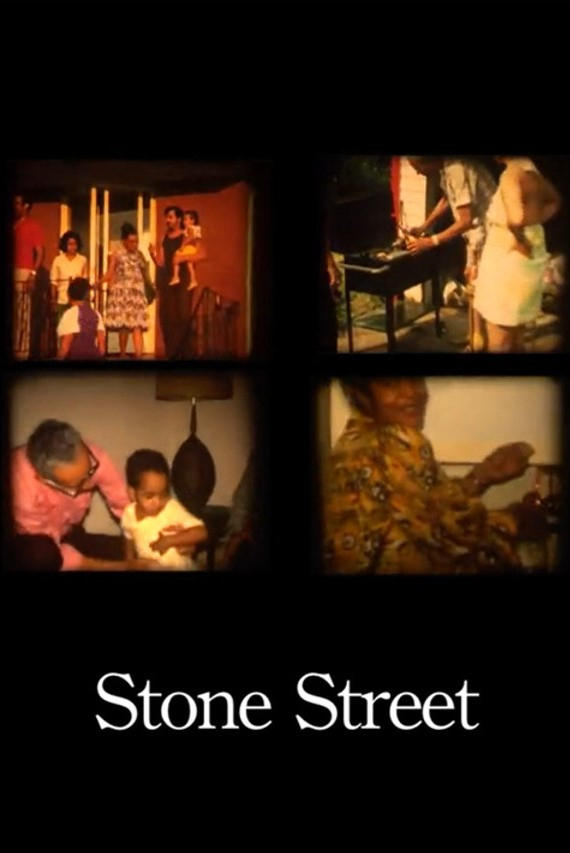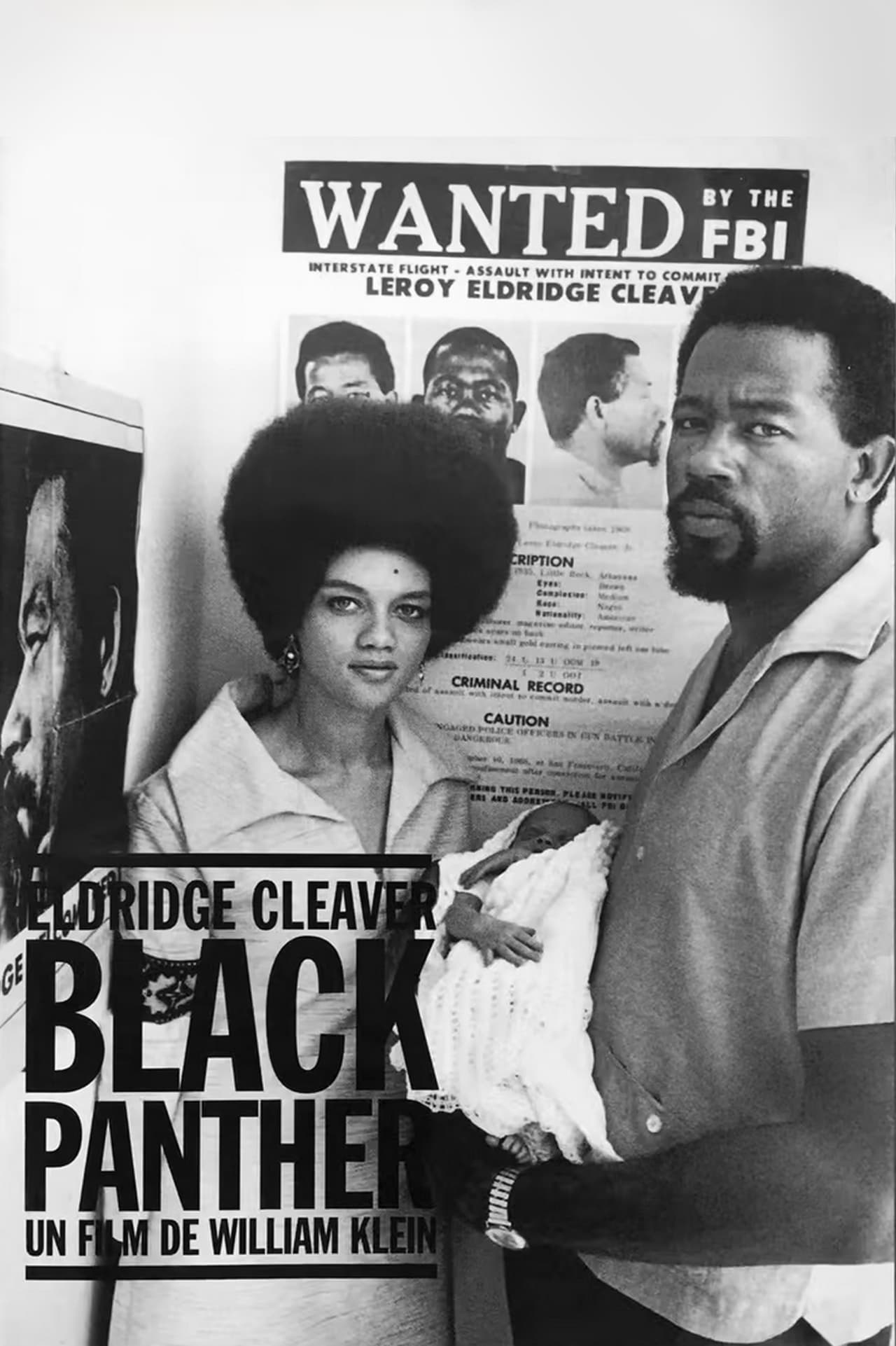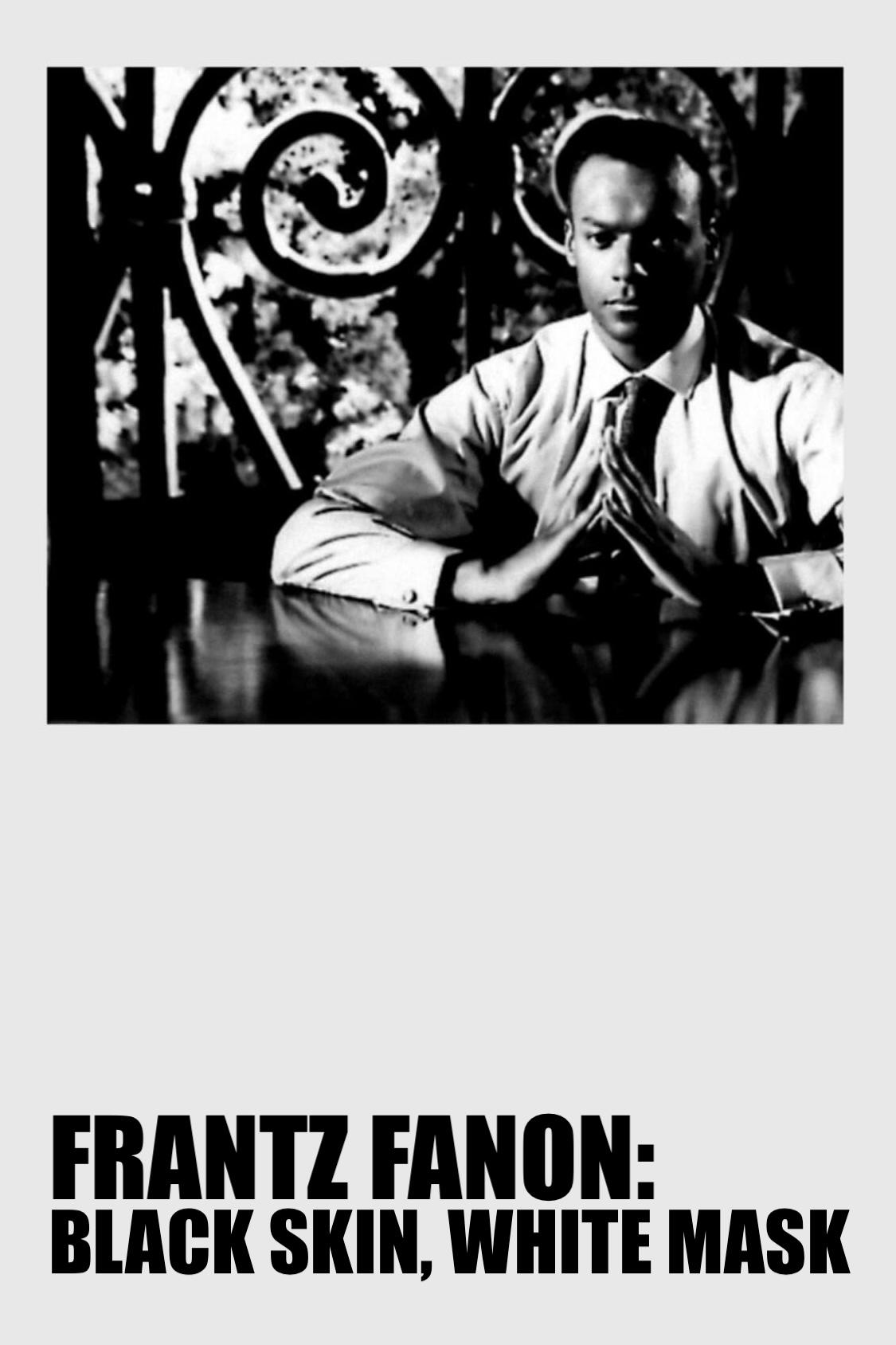
Marcus Garvey: Toward Black Nationhood
Marcus Garvey: Toward Black Nationhood
1984
0h 45m
0.0(0 votes)
Documentary
Overview
A documentary, combining archival material and live interviews with Marcus Garvey, Jr., and others, which introduces the life and work of the pioneer Black nationalist leader Marcus Garvey.
Links & Resources
Social & External
Production Companies

Videos & Trailers
1 video
Cast & Crew
3 members
Acting
Marcus Garvey Jr.
Himself
No Image
Acting
Ossie Davis
Narrator

Acting
Roscoe Lee Browne
Voice
